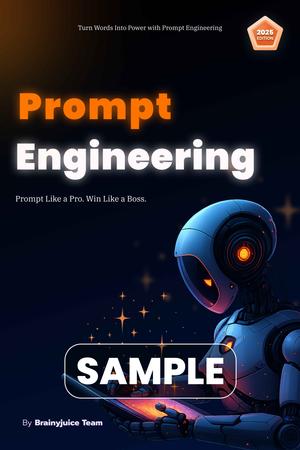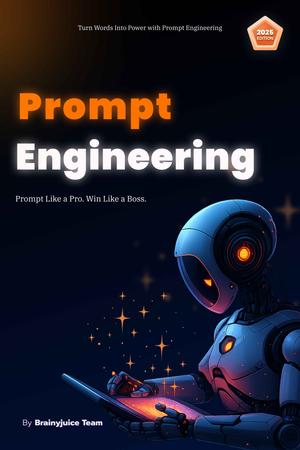
You're diving into web development, but the choices are already overwhelming:
-
Should you become a frontend developer and focus on design and user experience?
-
Should you go deep into backend, building APIs and handling databases?
-
Or should you try to master both and go full stack?
TL;DR - Quick Comparison
| Role | You Build | Key Skills | Job Demand (2025) | Entry Barrier |
|---|---|---|---|---|
| Frontend | UI/UX, Websites, SPAs | HTML, CSS, JavaScript, React, Tailwind | High | Low |
| Backend | APIs, Logic, Databases, Auth, Payments | Node.js, Python, SQL, Auth, Scaling | High | Medium |
| Full Stack | Both | All of the above | Highest | High |
Frontend Developer: Pros & Cons
What You Do:
-
Design interactive UIs
-
Handle user experience
-
Optimize performance, animations, responsiveness
-
Implement APIs visually
Pros:
-
Quick feedback loop (you “see” your work instantly)
-
Lots of freelance/UI work
-
Frontend dev tools are mature (Next.js, Tailwind, etc.)
-
Entry point to tech for creative minds
Cons:
-
Constant design changes from clients/managers
-
Must keep up with rapidly evolving tools/libraries
-
Doesn’t give you full product control
Tools to Learn:
-
HTML, CSS, JavaScript (ES6+)
-
React / Next.js
-
Tailwind CSS or styled-components
-
Figma for UI handoff
-
Version Control (Git)
Job Examples:
-
Frontend Developer
-
UI Developer
-
React Developer
-
Web Designer (with coding skills)
Backend Developer: Pros & Cons
What You Do:
-
Build servers, APIs, business logic
-
Handle user auth, payments, databases, file uploads
-
Manage performance, security, architecture
Pros:
-
Logic-heavy work: great for analytical minds
-
You get to build the core of the application
-
Pays well (especially at scale/startups)
-
Backend doesn't change as frequently as frontend
Cons:
-
Not visual: may feel boring to some
-
Harder to showcase portfolio (compared to frontend)
-
Debugging backend issues can be painful
Tools to Learn:
-
Node.js + Express OR Python + Django/FastAPI
-
MongoDB or PostgreSQL
-
JWT Auth, OAuth
-
Docker, Postman, REST/GraphQL
-
Redis, WebSockets, Stripe, etc.
Job Examples:
-
Backend Developer
-
API Engineer
-
Node.js Developer
-
Serverless Engineer
Full Stack Developer: Pros & Cons
What You Do:
-
Combine both frontend and backend
-
Build full apps from scratch
-
Handle everything from UI to DB to deployment
Pros:
-
Highest flexibility and independence
-
Huge demand in startups, SaaS, freelance
-
You can launch your own products/SaaS
-
Understanding of the entire system = massive leverage
Cons:
-
Steeper learning curve
-
Might feel stretched thin
-
Takes longer to master both sides well
Tools to Learn:
-
Frontend: React, Tailwind, Next.js
-
Backend: Node.js, Express, PostgreSQL
-
Auth: JWT, Clerk/Auth.js
-
Full stack frameworks: T3 Stack, MERN, Next.js Full Stack
-
Deployment: Vercel, Render, Docker
Job Examples:
-
Full Stack Developer
-
Web Engineer
-
Software Developer
What Should You Choose?
Choose Frontend if:
-
You enjoy visuals, creativity, UI/UX
-
You like seeing results instantly
-
You want a quicker entry into tech
-
You aim for freelance or agency work
Choose Backend if:
-
You prefer logic, systems, and performance
-
You’re into APIs, databases, dev tools
-
You want to work on complex software or infra
Choose Full Stack if:
-
You want to build entire products solo
-
You're aiming for startups or launching your own SaaS
-
You can handle longer learning timelines
-
You want to be versatile and irreplaceable
What Pays More?
| Role | Average Salary (2025, USD) |
|---|---|
| Frontend | $80k–$120k |
| Backend | $90k–$130k |
| Full Stack | $100k–$140k+ |
Note: Real salary depends on region, company, and your ability to ship real-world apps and not just learn syntax.
Still confused? Then start with frontend (it’s easier to see progress), and slowly explore backend. Eventually, aim for full stack, because that’s where the most control, income, and opportunity lives.







